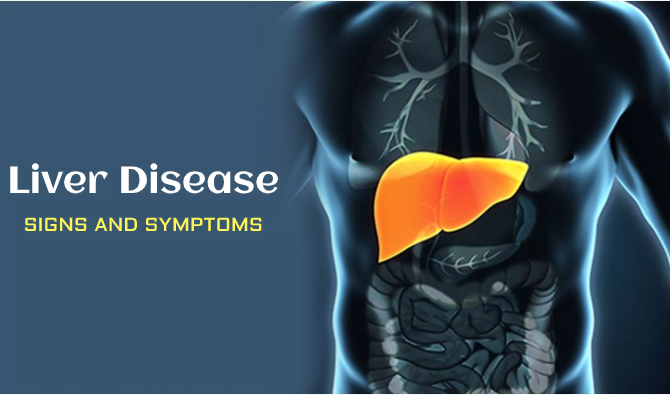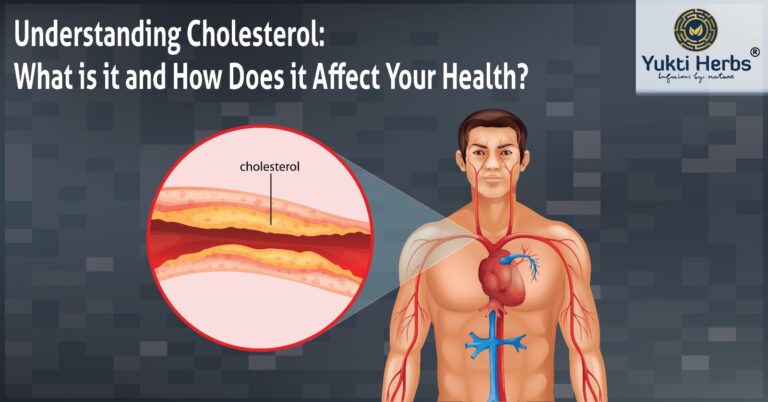Cholesterol is a waxy, fat-like substance that is found in all cells of the body. It is essential for the formation of cell membranes, vitamin D, and hormones. However, high levels of cholesterol can increase the risk of heart disease and stroke. In this article, we will discuss what cholesterol is, its causes, its symptoms, and how to manage cholesterol levels.
What is Cholesterol?
Cholesterol is a type of lipid that is found in the bloodstream and all cells of the body. It is produced by the liver and also obtained from certain foods, such as animal products. Cholesterol is essential for the formation of cell membranes, vitamin D, and hormones, including estrogen and testosterone.
Cholesterol is transported in the bloodstream by lipoproteins, which are particles that contain both lipids and proteins. There are two types of lipoproteins: low-density lipoprotein (LDL) and high-density lipoprotein (HDL). LDL is often referred to as “bad” cholesterol because it can build up in the walls of arteries, leading to the formation of plaques. HDL, on the other hand, is known as “good” cholesterol because it helps to remove LDL from the bloodstream.
Causes of High Cholesterol:
High cholesterol levels can be caused by various factors, including:
- Diet: Consuming a diet that is high in saturated and trans fats can increase cholesterol levels.
- Weight: Being overweight or obese can increase cholesterol levels.
- Genetics: High cholesterol can run in families.
- Age and gender: Cholesterol levels tend to increase with age and are generally higher in men than in women.
- Physical activity: Lack of physical activity can lead to higher cholesterol levels.
Symptoms of High Cholesterol:
High cholesterol levels often do not cause any symptoms. In fact, many people do not realize that they have high cholesterol until they experience a heart attack or stroke. Therefore, it is essential to have regular checkups and blood tests to monitor cholesterol levels.
If cholesterol levels are very high, it can cause yellowish patches on the skin, known as xanthomas. These patches can appear on the eyelids, hands, feet, and other parts of the body.
Managing Cholesterol Levels:
There are several ways to manage cholesterol levels, including:
- Diet: Eating a healthy diet that is low in saturated and trans fats can help to lower cholesterol levels. This includes consuming more fruits, vegetables, whole grains, and lean proteins.
- Exercise: Regular exercise can help to lower LDL cholesterol and raise HDL cholesterol levels. Aim for at least 30 minutes of moderate-intensity exercise, such as brisk walking or cycling, most days of the week.
- Weight Management: Losing weight can help to lower LDL cholesterol levels and raise HDL cholesterol levels.
- Medications: If lifestyle changes are not enough to lower cholesterol levels, medications such as statins or Cholesto Savior may be prescribed. These medications work by reducing the production of cholesterol in the liver.
Conclusion:
Cholesterol is an essential substance that is found in all cells of the body. High cholesterol levels can increase the risk of heart disease and stroke. However, high cholesterol levels can be managed through lifestyle changes, such as diet and exercise, and medication if necessary. It is essential to have regular checkups and blood tests to monitor cholesterol levels and to speak with a healthcare professional if you have any concerns.
References:
American Heart Association. (2022). About Cholesterol. American Heart Association. https://www.heart.org/en/health-topics/cholesterol/about-cholesterol
Centers for Disease Control and Prevention. (2022). High Cholesterol. Centers for Disease Control and Prevention. https://www.cdc.gov/cholesterol/index.htm











[…] High levels of cholesterol can increase the risk of heart disease and stroke. Checkout What is Cholesterol and How does it Affect Your Health […]